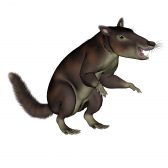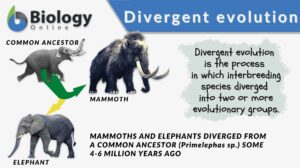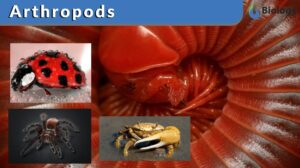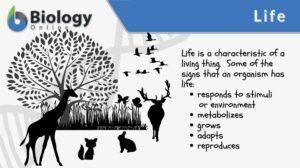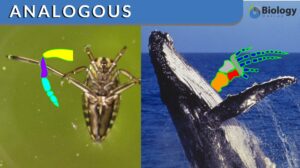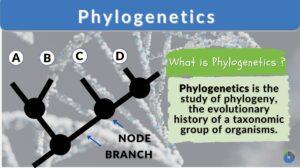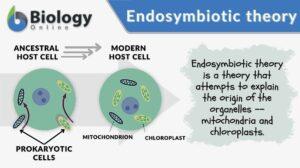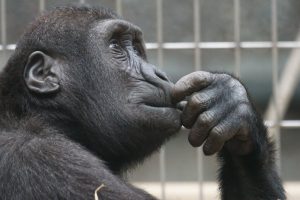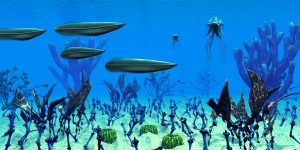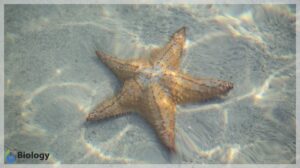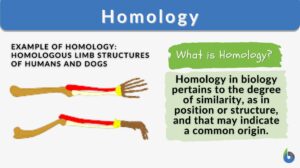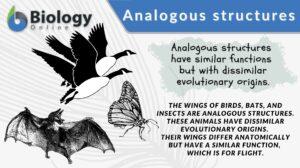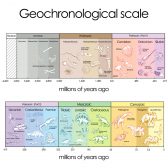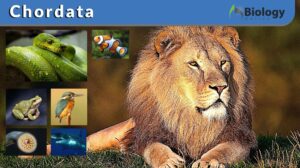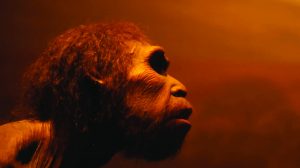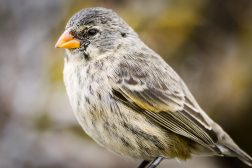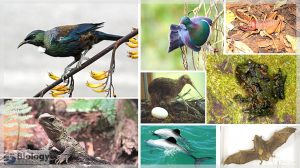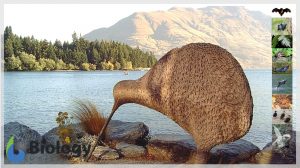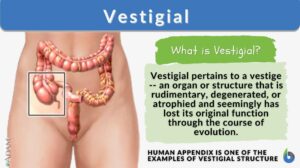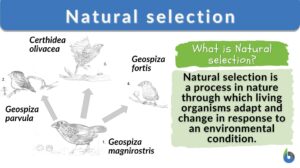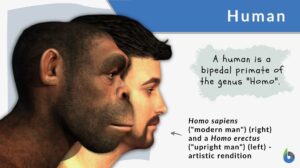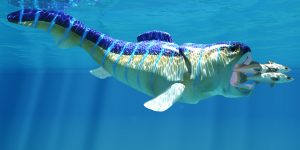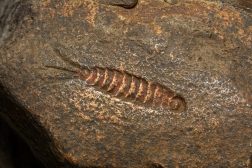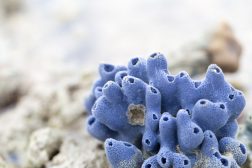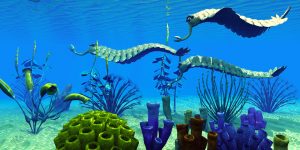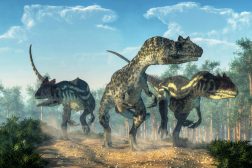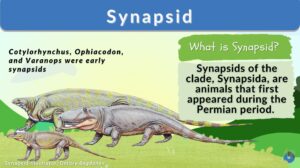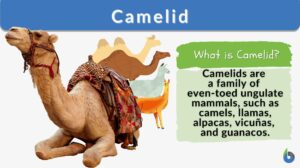Search Results for: ancestors
Mammalian Ancestors
Humans are mammals, the most successful taxonomic class of organisms to colonize the Earth. The word mammal derives from the... Read More
Divergent evolution
Divergent Evolution Definition Divergent evolution refers to the process by which interbreeding species diverged into two... Read More
Phylogenetics
Phylogenetics Definition Phylogenetics is the scientific study of phylogeny. It studies evolutionary relationships among... Read More
Endosymbiotic theory
A eukaryotic cell is distinct from a prokaryotic cell by the presence of membrane-bound cellular structures called... Read More
Mātauranga Māori and Science
By: Maria Victoria Gonzaga In the previous lesson, we learned about the various methods used in measuring... Read More
Muscles of the Apes – a thwack on human muscle evolution
Summary: A recent finding suggests that apes do have the muscles for bipedalism, vocal communication, and facial... Read More
Arthropods
There are over two million species of arthropods, who initially arrived on Earth in the middle of the Cambrian period.... Read More
Convergence
Definition noun (evolutionary biology) The evolutionary process in which the organisms evolve bodily parts that are... Read More
Fragmentation
Fragmentation Definition What is fragmentation? In general, fragmentation refers to the state or the process of breaking... Read More
Analogous structures
Analogous Structures Definition In evolutionary biology, analogous structures are biological structures having similar or... Read More
Geological Periods
Precambrian Times (Most Ancient) All time before life existed, Earth was still a volatile environment, though the origins... Read More
The Hominids
Although humans in today's world are the most advanced species on the planet, we previously shared the exact same genetic... Read More
Darwin and Natural Selection
Reviewed by: Mary Anne Clark, Ph.D. In the 19th century, a man called Charles Darwin, a biologist from England,... Read More
New Zealand’s Unique Fauna
By: Maria Victoria Gonzaga In the previous lesson, we learned about the high biodiversity of New Zealand and how... Read More
Population Growth and Survivorship
By: Maria Victoria Gonzaga Previously, we learned about biodiversity and endemism. Now, let's look at the... Read More
Ecology & Biodiversity: New Zealand Flora & Fauna
New Zealand is known for its unique biodiversity, caused by its remarkable geography and geologic history. Breaking away... Read More
Natural selection
Natural Selection Definition What is natural selection in biology? Natural selection is defined as a process in nature... Read More
Chlorophyll
Why are most plants green? Have you ever had the same question? Perhaps, you’ve been told that the plants are green... Read More
Subspecies
subspecies A group somewhat lessdistinct than speciesusually are, but based on characters more important than those which... Read More
Primitive Animals
Incorrect taxonomic classifications deemed organisms to be either animals or plants, in the Plantae or Animalia kingdoms... Read More
The Evolutionary Development of Multicellular Organisms
The beginning of the Cambrian era saw a widespread arrival of multi-cellular organisms, particularly in the form of sponges.... Read More
The Dinosaurs
Everyone has heard about the dinosaurs. No doubt one of the reasons why is because of their size, another being the fact... Read More
Animal Water Regulation
Homeostatic control, a set environment, and how evolution and natural selection drives a species to adapt to its environment... Read More
Charophyta
Charophyta is a taxonomic group (a phylum) comprised of green algae that live predominantly in freshwater habitats. Members... Read More
